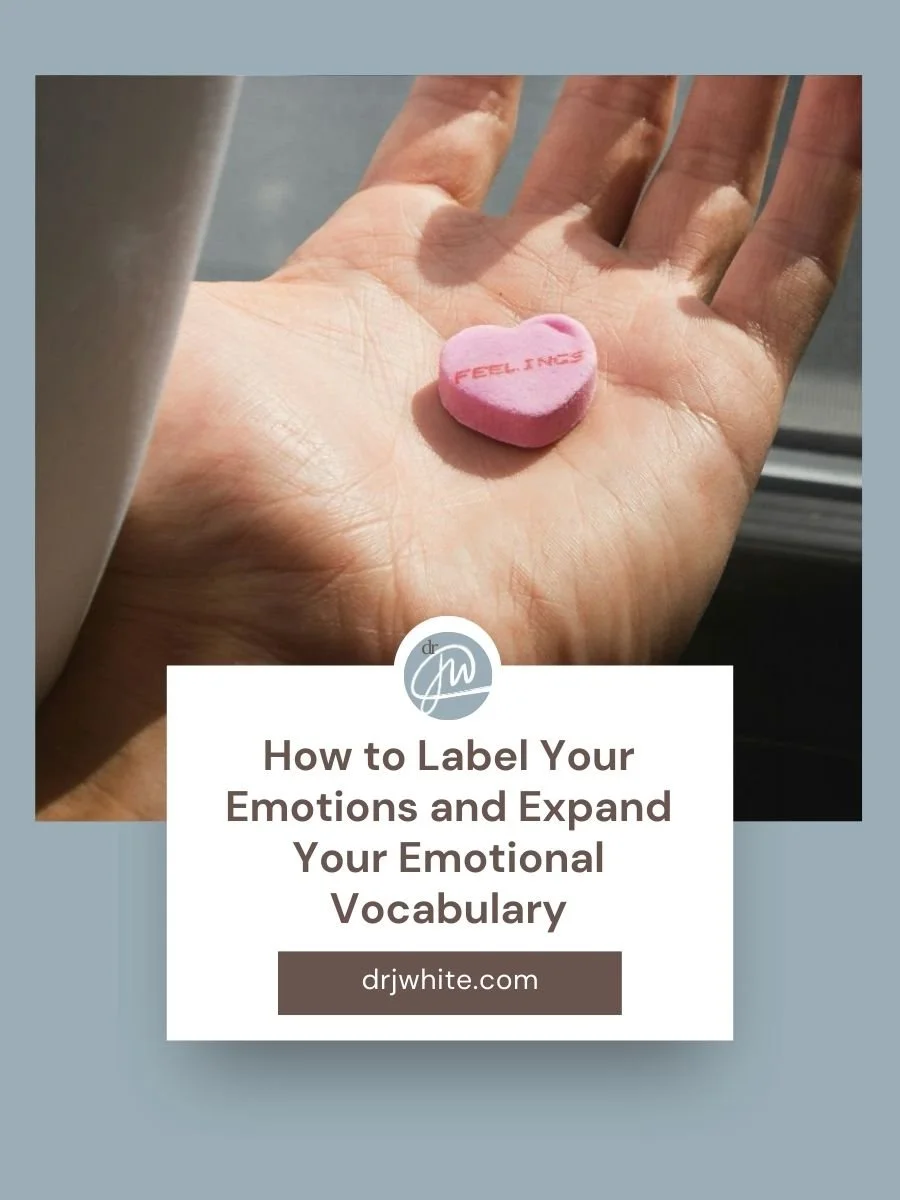Emotional Exhaustion: Could It Be The Cause of Your Mysterious Fatigue?
It’s not uncommon for me to hear clients describe a kind of fatigue that doesn’t seem to have a clear cause. They’re sleeping enough, checking all the self-care boxes, and still… utterly drained.
It usually sounds something like this:
“I’ve been sticking to my sleep schedule, working out pretty regularly, and eating okay. I haven’t even been drinking lately, but I still feel so exhausted — and I just don’t know why.”
If that sounds familiar, it’s worth considering whether emotional exhaustion could be the culprit.
DISCLAIMER: I am a licensed clinical psychologist, and the information provided here is for general informational and educational purposes only. While I aim to share helpful and thoughtful content, reading this blog does not establish or imply a therapist-client relationship between us.
If you are experiencing a mental health crisis, please seek immediate help from a licensed professional or contact emergency services in your area. This blog should not be a substitute for professional mental health care or personalized guidance.
For personalized support or therapy services, please reach out directly to a licensed mental health provider in your area.
What Is Emotional Exhaustion?
Emotional Fatigue Meaning
Emotional fatigue, or emotional exhaustion, is when you feel physically drained from emotional stress.
Understanding Emotional Fatigue: What It Is and Why It Happens
Processing emotions — whether we realize we’re doing it or not — takes a real toll on both our minds and bodies. Ever felt physically wiped out after crying, venting, or navigating a stressful emotional situation? That’s not in your head (well, not just in your head). Emotions can be incredibly physically taxing.
Why You Might Be Experiencing Mysterious Fatigue
Lately, I’m hearing about this mysterious fatigue more and more. One reason, I believe, is the larger context we’re all living in. Sure, uncertainty has always been a part of life — but these days, it feels like it’s constantly front and center.
Stress and Uncertainty in Our Everyday Lives
Every headline, TikTok, post, or even a text from a friend can bring with it a new worry that hums quietly (or loudly) in the background. Even if you're mindful about limiting your screen time or curating your feed, you’re still existing in a world where stress and uncertainty are ambient. That energy builds up, even if you’re not fully conscious of it.
Mental Exhaustion from Anxiety
This kind of mental load can weigh on you — like background noise you’ve gotten used to. For some, it’s blaring in the foreground. For others, it’s more subtle, but still ever-present.
And while this cultural overwhelm is one macro-level contributor, it’s also important to consider more personal, micro-level sources of emotional fatigue.
How to Help Your Emotional Burnout
Look for Patterns of Emotions in Environments
Try paying attention to how you feel in different environments. Awareness is key. Mindfulness exercises, journaling, or quick body scans can all help you tune in to your emotional and physical state. (Note: each of those links will lead you to another helpful blog post regarding that topic.)
Work Environment Example
The Scenario:
Maybe you notice that you always feel a bit tense after lunch. After reflecting on it, you realize that two colleagues regularly sit near you in the break room and spend their time venting — loudly — about their boss or a stressful project. It doesn’t involve you directly, and of course, your coworkers have every right to talk about their frustrations. But that steady stream of negativity might be taking a toll on your own mental space.
Small Changes That Can Reduce Emotional Fatigue
Once you make that connection, you can experiment with changes. Try shifting your lunch break to a different time, bringing headphones and listening to music or an audiobook, or taking your break outside. These small adjustments can reduce the environmental stress you’ve unknowingly been absorbing.
Validating Unexplained Tiredness Without Self-Blame
Of course, we can’t always change our surroundings — especially not the broader culture we’re living in. That’s why it’s so important to notice. Notice what you’re feeling, when you’re feeling it, and where it might be coming from.
And most importantly? Offer yourself grace and self-compassion.
You might not be able to eliminate every source of stress, but recognizing that your fatigue is real — and valid — can make a big difference.
It’s one thing to feel tired. It’s another to criticize yourself for it, especially when you think there’s “no good reason.”
When Emotional Exhaustion Signals a Need for Support
So take a moment to check in with yourself. If you’re finding it hard to practice mindfulness, set boundaries, or give yourself that compassion, support can help. I love helping my clients navigate this kind of emotional terrain — and I’d love to help you, too.
And if all else fails?
Maybe just take a nap. 😉







